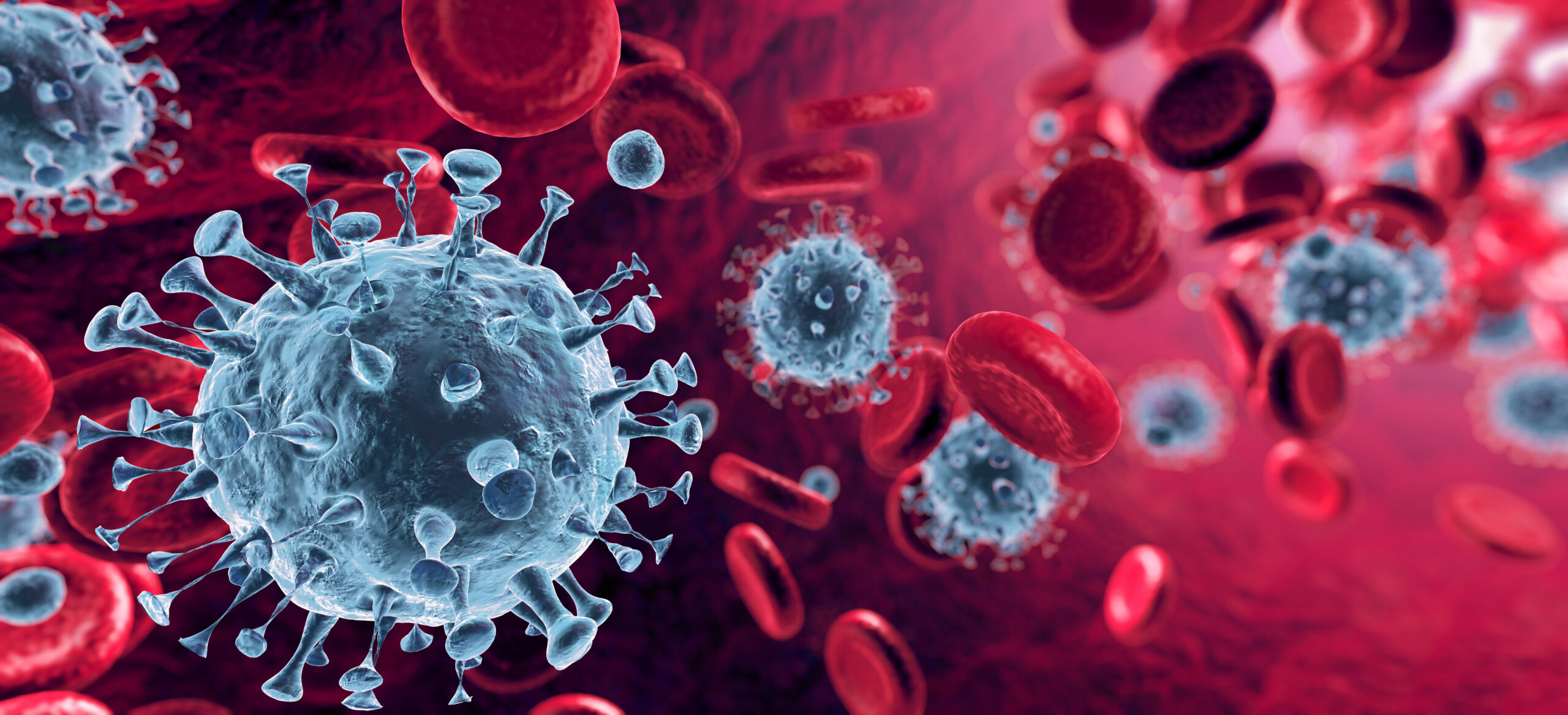
Published on behalf of the UCSD MSO Chapter
Author: Cathy Diep
Editor: Parker Carnahan
Graphic Editor: Manjia Zhao
In America, we often overlook systemic racial inequality, which both feeds off of and contributes to injustices such as health and income inequality. All of these issues surrounding racial inequality have come to light as the COVID-19 pandemic has ravaged America, and a complex interplay between racial inequality and the coronavirus has ensued. Racial inequality has contributed to patterns of coronavirus spread, causing marginalized communities to experience a disproportionately high prevalence of coronavirus and a higher mortality rate. The COVID-19 pandemic has highlighted key issues these communities face, and has only exacerbated the potency of these inequalities.
The statistics showing racial disparities in COVID-19 are grim. A CDC analysis has found that Black persons are 1.4 times and Hispanic or Latinx persons are almost 2 times more likely to be infected than White persons. Tragically, these groups are 3 times more likely to die than White persons. Minorities are disproportionately infected and killed by the coronavirus for a variety of reasons that have negatively affected these groups for centuries, including systemic racial and socioeconomic inequality.
Socioeconomic status (SES), which encompasses a variety of sociological and economic factors such as educational attainment, class, and financial security, is closely linked to race. Black, Latinx, and other minority groups in the United States are much more likely than white people to experience a low socioeconomic status due to systemic racism, which is why minority populations are overrepresented in low-paying jobs and the essential workforce. One of the reasons that minorities’ coronavirus rates are so high is that minorities have continued to work during the pandemic, which exposes these workers to higher risks of infection.
Not only are minorities more likely than White people to be infected by COVID-19, but they are more likely to become severely ill or die from the coronavirus. Low SES is linked to a variety of detrimental health outcomes because it creates unhealthy environments and limits access to healthcare. Low SES has contributed to the high incidence of pre-existing conditions such as hypertension, obesity, and lung disease in minority groups, which makes minorities more vulnerable to COVID-19 and causes higher mortality rates. Even when people of color have access to healthcare, they face racism and discrimination. All too often, doctors downplay African-Americans’ complaints of pain, and even withhold medical treatment. Racially discriminatory healthcare practices have led minorities to receive lower-quality healthcare regardless of SES, which has led to disproportionate death rates for minorities even before the COVID-19 pandemic.
Racism isn’t just limited to the hospital, but has extended to the COVID-19 vaccine rollout. Vaccination sites tend to be in White-majority and wealthier neighborhoods. Furthermore, many minorities are wary of obtaining the COVID-19 vaccine. They have a deep mistrust of medicine due to the systemic racism and discrimination that has enveloped medicine, including the history of unethical medical research conducted on minorities. Because of mistrust and systematic racism, only 5% of vaccines have gone to Black Americans, and 11% to Latinxs.
The coronavirus has been devastating, especially for minority communities. It is difficult to find a point of optimism amidst the deaths and suffering that the COVID-19 virus has caused, but if anything, the coronavirus has brought to light the persistent racial inequalities that lead to health disparities. Hopefully, by emphasizing the importance of public health during this crisis and recognizing that marginalized communities need to be uplifted for the benefit of American society as a whole, change will come. The coronavirus highlights the need for racial inequality to be addressed, and perhaps acting to close this gap will result in a small victory against coronavirus, after all.










